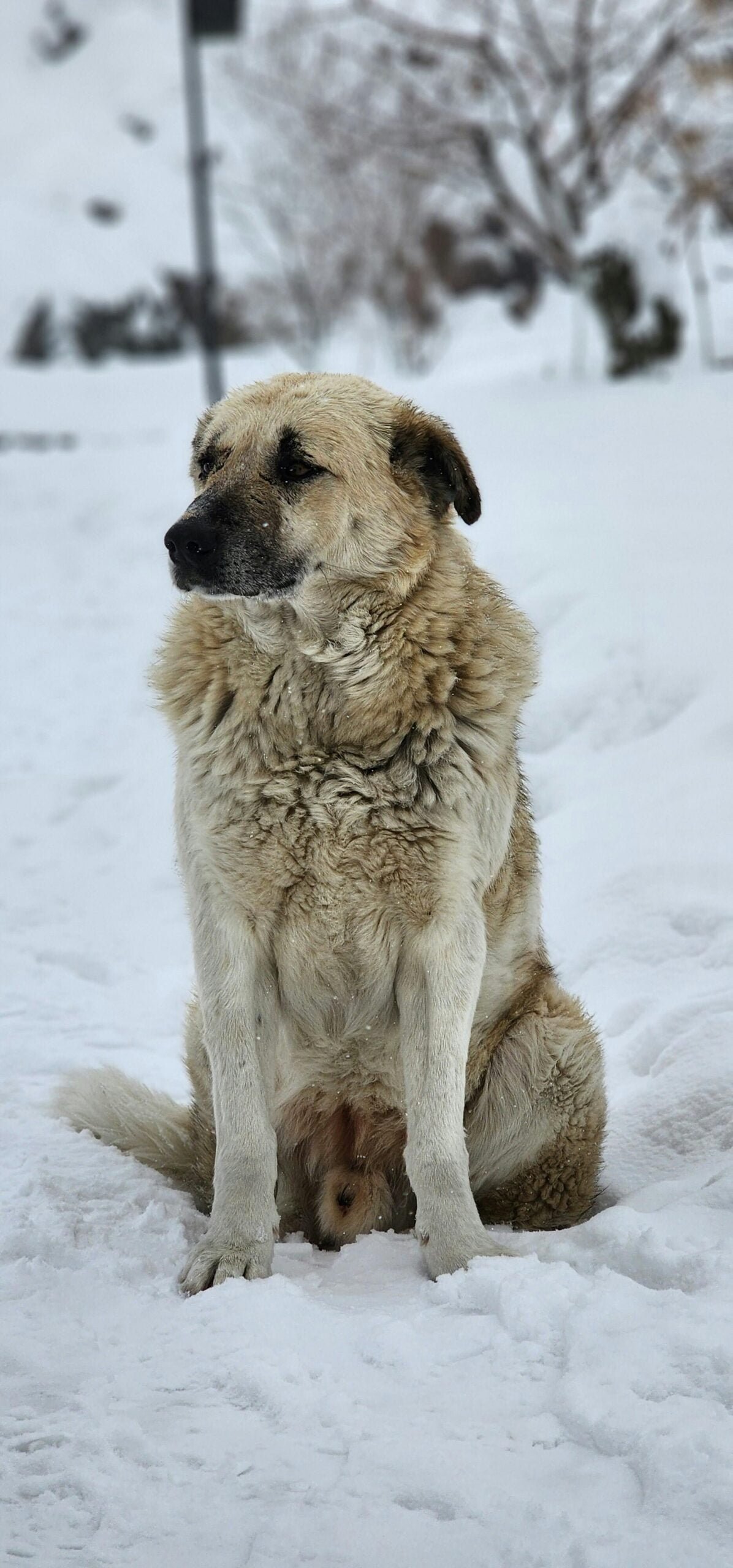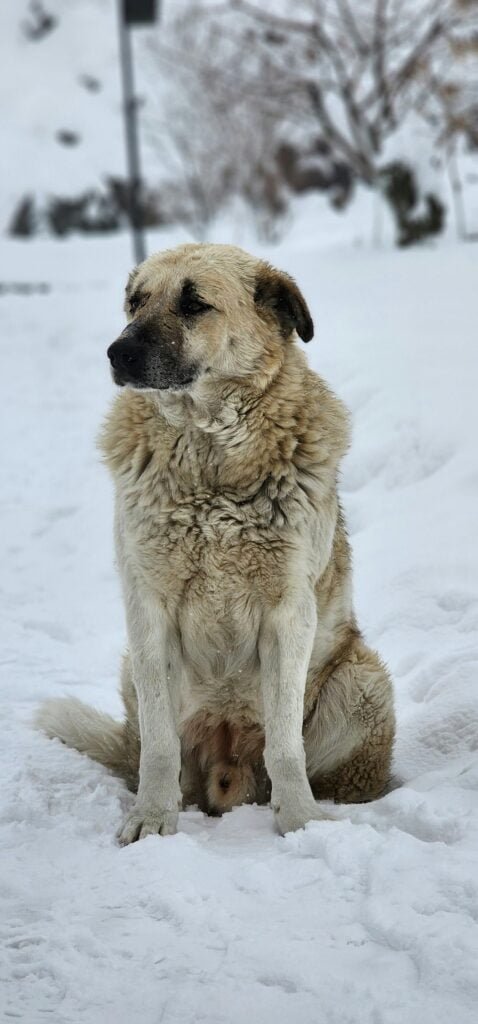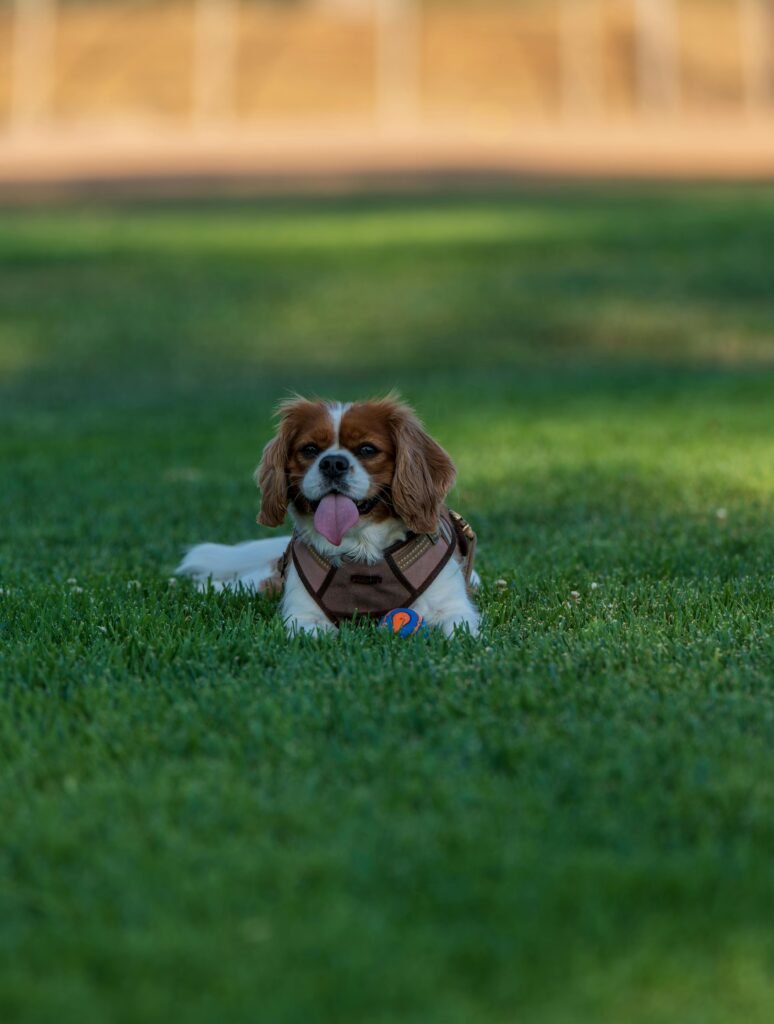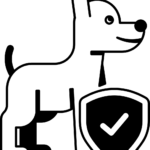
In “Grooming Tips for Maintaining Your Dog’s Health and Hygiene,” you’ll find a treasure trove of advice aimed at keeping your furry friend in top-notch condition. From regular brushing and bathing to addressing key health concerns like dental care and joints, this guide covers it all. It emphasizes the importance of using the best dog health products, such as canine wellness supplements, natural remedies, and essential vitamins, to ensure your dog maintains a healthy skin and coat, strong immunity, and overall well-being. You’ll also learn the need to consult your veterinarian before introducing new supplements and the role proper grooming plays in supporting your dog’s health at every stage of life. Whether you have a senior dog or an active pup, these tips will help you provide the best care possible, ensuring a happy, healthy companion for years to come. Have you ever wondered how to keep your furry friend in tip-top shape? Grooming isn’t just about keeping your dog looking good—it’s essential for maintaining their overall health and hygiene. Whether you’re a seasoned dog owner or a first-time pet parent, the following grooming tips can help you ensure your dog remains healthy, happy, and well-groomed.
Regular Brushing
Regular brushing is crucial for your dog’s coat and skin health. It helps remove dirt, debris, and loose fur, preventing matting and tangling, especially in long-haired breeds.
Types of Brushes
Different brushes suit different coat types. Here’s a handy guide:
| Coat Type | Brush Type |
|---|---|
| Short-haired | Rubber brush, bristle brush |
| Medium-haired | Slicker brush, pin brush |
| Long-haired | Wire pin brush, slicker brush |
| Double coat | Undercoat rake, slicker brush |
A regular brushing routine can help you monitor your dog for any abnormalities, such as lumps or skin irritations. For dogs of all ages, but particularly senior dogs, brushing can also stimulate blood circulation and help maintain a healthy skin and coat.
Bathing
Bathing your dog helps maintain their skin and coat health, but over-bathing can strip their coat of natural oils. Typically, most dogs benefit from a bath once every four to six weeks. However, the frequency depends on their breed, coat type, and lifestyle.
Choosing the Right Shampoo
Selecting the appropriate dog shampoo is vital. Opt for products that suit your dog’s skin type—look for hypoallergenic options if your dog has sensitive skin. Shampoos with natural ingredients like oatmeal or aloe vera are excellent choices for maintaining healthy skin.
Nail Trimming
Overgrown nails can lead to discomfort and even mobility issues in dogs. Regular nail trimming prevents these problems and is an essential part of your grooming routine.
How to Trim Your Dog’s Nails
Use a dedicated dog nail clipper and ensure you don’t cut into the quick (the sensitive part containing blood vessels).
- Hold your dog’s paw firmly but gently.
- Trim the tip of the nail, avoiding the quick. If unsure, trim in small increments.
- Use a nail file to smooth off any rough edges.
If you’re new to this, ask your vet to demonstrate the correct technique to avoid causing any injury.

Ear Cleaning
Ear cleaning is another critical aspect of dog grooming. Dogs with floppy ears or those prone to ear infections need more frequent ear checks and cleaning.
Steps for Cleaning Your Dog’s Ears
- Use a vet-approved ear cleaning solution.
- Apply the solution to a cotton ball, not directly into the ear canal.
- Gently wipe the outer ear, taking care not to push any debris further into the ear.
Consult your veterinarian for specific guidance, particularly if your dog has had ear infections in the past.
Dental Care
Oral health is often overlooked but is crucial for your pet’s overall health. Regular dental care can prevent plaque buildup, gum disease, and bad breath.
Brushing Your Dog’s Teeth
Use a pet-specific toothbrush and toothpaste. Human toothpaste contains ingredients that can be harmful to dogs.
- Lift your dog’s upper lip to expose their teeth.
- Brush in circular motions, focusing on the gum line.
- Reward your dog with praise or a treat afterward to make the experience positive.
Dental Chews and Toys
Dental chews and toys are also excellent for maintaining oral health. They help reduce plaque and tartar build-up and keep your dog’s teeth and gums strong.
Eye Care
Regularly checking your dog’s eyes can help you catch and prevent infections or other issues early on. Wipe away discharge with a clean, damp cloth.
Signs of Eye Problems
Look for these signs that might indicate your dog has eye issues:
- Excessive discharge or tearing
- Redness or swelling
- Cloudiness or changes in eye color
If you notice any of these symptoms, consult your veterinarian promptly.

Anal Gland Expression
Dogs have anal glands that can sometimes become impacted or infected, causing discomfort. While many dogs can express their glands naturally, some may need assistance.
How to Express Anal Glands
This is often a task best performed by a professional groomer or veterinarian. However, if you wish to do it at home:
- Wear gloves and use a paper towel.
- Gently apply pressure on either side of the anus to expel the fluid.
- If unsure or uncomfortable, consult your vet.
Coat Clipping
Certain breeds require regular clipping to maintain coat health. Whether you’re doing it yourself or visiting a groomer, keeping your dog’s coat trimmed can help prevent matting and make your pet more comfortable.
DIY Grooming Setup
For those who prefer to groom at home, you’ll need a few essential tools: clippers, combs, and shears specifically designed for dogs.
- Brush your dog thoroughly before clipping to remove any mats or tangles.
- Use clippers in the direction of hair growth.
- Trim around sensitive areas carefully to avoid nicks and cuts.
Maintaining a Healthy Diet
Grooming isn’t just about external care. Your dog’s diet plays a significant role in their coat and skin health. A balanced diet with the right nutrients can make a world of difference.
Essential Nutrients for Skin and Coat Health
| Nutrient | Source | Benefit |
|---|---|---|
| Omega-3 fatty acids | Fish oil, flaxseed | Reduces inflammation, supports skin health |
| Vitamins A, E | Leafy greens, carrots | Promotes cell health, protects skin |
| Zinc | Meat, whole grains | Helps with skin repair |
| Protein | Meat, high-quality dog food | Supports fur growth and repair |
If needed, supplements can be added to provide these essential nutrients, but always consult with your vet before doing so.

Probiotics and Supplements
Adding probiotics and other supplements to your dog’s diet can also promote optimal health. Probiotics support gut health, which in turn affects overall well-being.
Popular Dog Supplements
| Supplement | Benefit |
|---|---|
| Glucosamine & Chondroitin | Supports joint health, reduces arthritis |
| Fish Oil | Improves coat shine, supports heart health |
| Probiotics | Enhances digestion, bolsters immune system |
| Multivitamins | Provides essential nutrients |
Discussing supplementation with your veterinarian ensures that your dog receives the right kind and amount of supplements tailored to their specific needs.
Regular Veterinary Checkups
Routine veterinary checkups are crucial for maintaining your dog’s health. These visits offer a chance for professional evaluation, vaccinations, and catching any potential issues early.
What to Expect During Checkups
| Checkup Component | Purpose |
|---|---|
| Physical Examination | General health assessment, spotting anomalies |
| Blood Work | Checking for underlying health issues |
| Vaccinations | Protects against common diseases |
| Dental Check | Prevents oral diseases, checks teeth health |
Regular vet visits support your dog’s overall health and well-being, ensuring they live a long, happy life.
Parasite Prevention
Fleas, ticks, and worms are not just nuisances; they can cause serious health problems for your dog. Regular parasite prevention is essential.
Parasite Control Measures
- Flea and Tick Preventatives: Use vet-recommended topical treatments, collars, or oral medications.
- Regular Deworming: Follow a deworming schedule as advised by your veterinarian.
- Routine Checks: Regularly inspect your dog’s coat and skin for signs of parasites.
Maintaining a parasite-free environment helps ensure your dog’s health and comfort.
Hydration
Proper hydration is vital for your dog’s overall health. Always provide clean, fresh water. Dehydration can lead to serious health issues, including kidney problems.
Signs of Dehydration
- Sunken eyes
- Dry gums
- Lethargy
- Loss of skin elasticity
If you suspect your dog is dehydrated, consult your vet immediately.
Exercise
Exercise is not only essential for weight management but also for mental stimulation. Dogs need daily exercise to maintain their physical and mental health.
Types of Exercise
| Activity | Benefit |
|---|---|
| Walking | Supports cardiovascular health, strengthens muscles |
| Playing Fetch | Enhances agility, provides mental stimulation |
| Swimming | Great for joint health, low-impact exercise |
| Agility Training | Boosts coordination, provides mental challenges |
Tailoring exercise routines to your dog’s breed and energy levels ensures they get the most benefit from their physical activities.
Emotional Well-being
Mental health is just as important as physical health. Ensure your dog has plenty of social interaction and mental stimulation to keep them happy.
Mental Stimulation Ideas
| Activity | Benefit |
|---|---|
| Puzzle Toys | Encourages problem-solving, reduces boredom |
| Training Sessions | Strengthens bond, provides mental exercise |
| Socialization | Improves behavior, reduces anxiety |
| Play Dates | Boosts social skills, offers varied stimulation |
A well-stimulated dog is less likely to develop behavioral issues and will lead a more enriched life.
Age-Specific Care
Puppies, adult dogs, and senior dogs have different grooming and health needs. Tailoring your care approach based on your dog’s life stage can help maintain their health.
Puppy Care
Puppies require more frequent grooming to get them accustomed to the process and address their growing needs.
| Task | Frequency |
|---|---|
| Brushing | Daily |
| Bathing | As needed, usually monthly |
| Nail Trimming | Every 2-3 weeks |
| Dental Care | Start early to build good habits |
Adult Dog Care
Adult dogs have relatively stable grooming needs but still require regular attention.
| Task | Frequency |
|---|---|
| Brushing | Weekly |
| Bathing | Every 4-6 weeks |
| Nail Trimming | Monthly |
| Dental Care | Weekly brushing, dental chews |
Senior Dog Care
Senior dogs may need additional support in their grooming routine to accommodate their age-related challenges.
| Task | Frequency |
|---|---|
| Brushing | Weekly, with soft brushes |
| Bathing | Every 6-8 weeks (sensitive skin) |
| Nail Trimming | As needed, often less frequently |
| Dental Care | More frequent vet check-ups for potential issues |
Conclusion
Grooming is an essential aspect of caring for your dog that goes well beyond aesthetics. It’s about maintaining their health and well-being. From brushing and bathing to nail trimming and dental care, every aspect plays a crucial role. Keep an eye on their diet, ensure they get regular exercise, and never skip those vet visits. By following these comprehensive grooming tips, you’ll help ensure your dog stays happy, healthy, and looking their best for years to come. And remember, always consult your veterinarian for any specific concerns or questions regarding your dog’s health and grooming needs.







